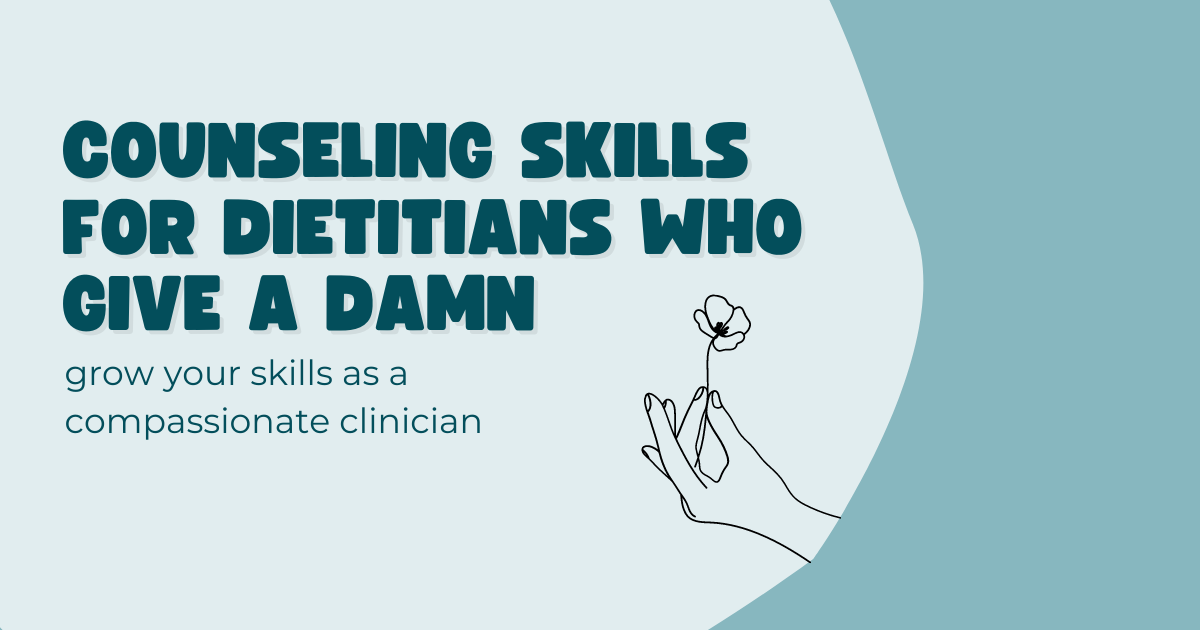Celebrating Your Identity, One Bite at a Time
Yams as an entry point to exploring African diaspora foodways
I did a poll not long ago to see how many folks would be interested in exploring West African food with me. I was thrilled to see how many people were on board. This is all part of my personal decolonial work.
Exploring the foodways of the African diaspora and other food cultures within the global majority has always been of interest to me but as I’ve been trying to bring more joy into the kitchen, adding exploring ancestral foods to the mix has been a game changer. Working with plants in the kitchen is always is fun, but working with plants that are from the same places as me …..
As a nutrition science nerd I’ve had so much fun geeking out at the international market, researching the nutritional profiles of unfamiliar food, and searching for approachable recipes.
After watching High on the Hog: How African American Cuisine Transformed America last year I’ve been thinking about all of the ways that the survivors of the Transatlantic Slave Trade managed to retain their humanity and pass on food culture. Between the 17th and 19th century over 12 million Africans were forcibly displaced, throughout the modern day African diaspora you find countless variations of recipes that clearly trace back to west coast of Africa.
West African yams were one of the stars of episode 1, in which the docuseries explained the ways that enslaved folks reimagined traditional dishes using food available in North America. With that inspo in mind and considering how forgiving I already know potatoes to be, I decided to start with West African yams (Dioscorea rotundata).
There are over 4000 varieties of potatoes on the planet but most of us are only familiar with a few. All Americans recognize Irish potatoes (Solanum tuberosum L.) but because of the many fun ways that Irish potatoes are processed and eaten in the US they’ve gotten a bit of a bad rap and been maligned as a “bad” food.
Reminder: Demonizing food and creating food rules doesn’t serve us.
What foods are right for you depends on your individual body. The best source of information for what and how much you should be eating is your body.
West African yams contain vitamins A, B6, and C, fiber, potassium, manganese, phosphorus, and copper. They are more starchy than Irish potatoes and when boiled and mashed maintain a dough consistency that can be used to make dishes like Fufu.
I served my yam with mushroom gravy and was delighted with the taste and how filling it was. I know it looks a little funky in the pic but trust me it was delicious.
The recipe was extremely simple. I’m generally allergic to structured recipes so I searched for ones that looked like reviewing the ingredients and winging it would be doable. #intuitivecookingftw
If you like precision don’t worry - you can follow these exactly
https://simple-veganista.com/vegan-mushroom-gravy/
https://eatwellabi.com/how-to-cook-african-yam/
There are so many ways to make the experience of feeding ourselves life affirming. What have you discovered? What would you like to explore?
Resources and Upcoming Hangouts
https://www.moxie-mind.com/counseling-skills-for-dietitians-who-give-a-damn
A roundup of the standout resources for West African yams
https://www.allnigerianrecipes.com/fufu-recipes/potato-fufu/
The Dioscorea Genus (Yam)—An Appraisal of Nutritional and Therapeutic Potentials
Dioscorea cayenensis (Guinea yam)
Vegan Nigerian Recipes - Yam and "Egg"
Exploring Zaki Biam: The Largest Yam Market in West Africa
BIPOC Using Food to Celebrate Culture and Promote Wellbeing
Embracing Indigenous Foods to Preserve Culture and Restore Health
Healing through Cultural Foods with Dr. Nyemb-Diop
In Case You Missed It
Join Goddess, Big Wind, Julia, Kiam, and I as we talk about how we are learning to navigate acceptance, grief, and trust after loss and harm. There are so many gems in this podcast episode.
This month’s supporting member offering is a survival guide for visits with toxic family, tis the season. Click the button below for instant access.
Keep reading with a 7-day free trial
Subscribe to Body Liberation for All to keep reading this post and get 7 days of free access to the full post archives.








